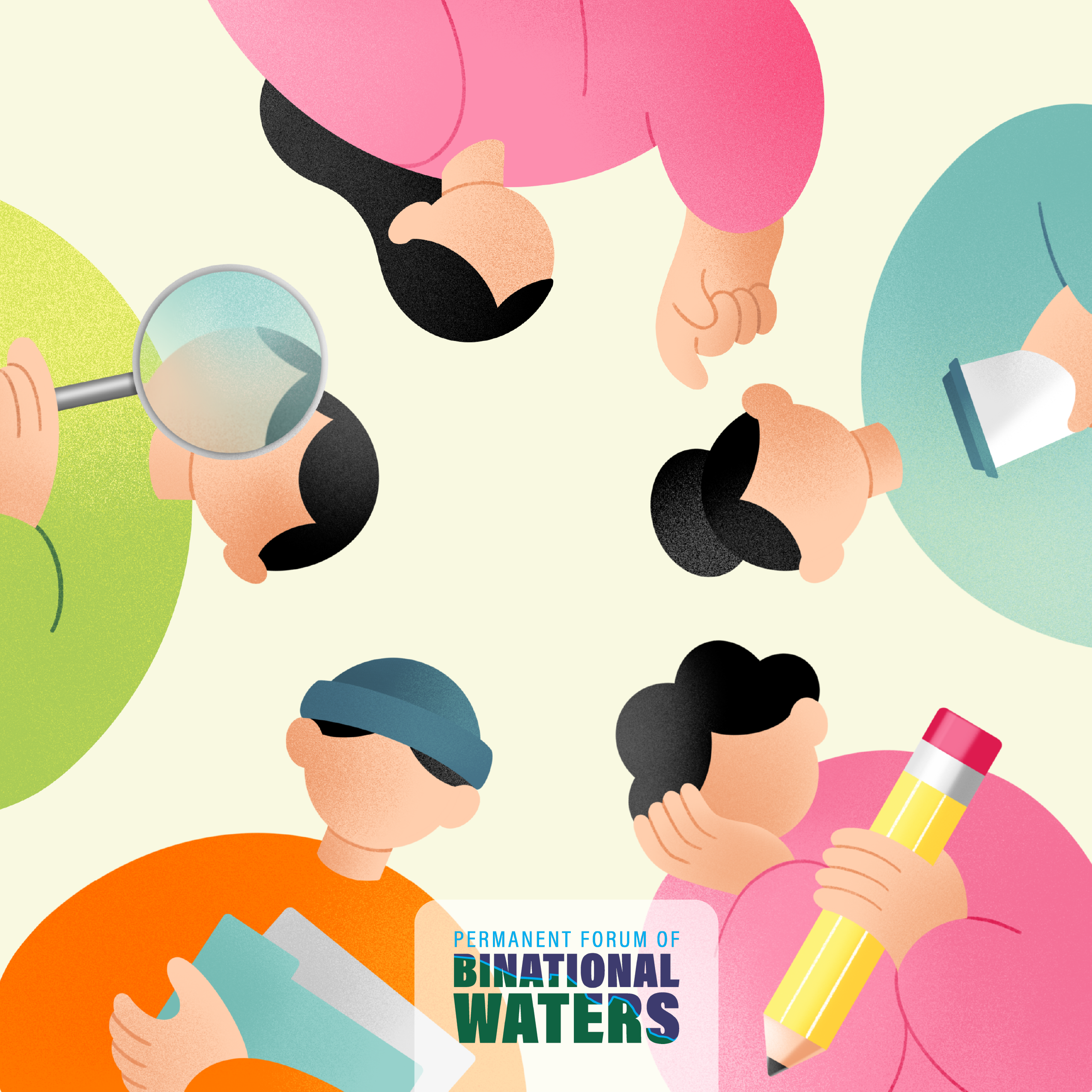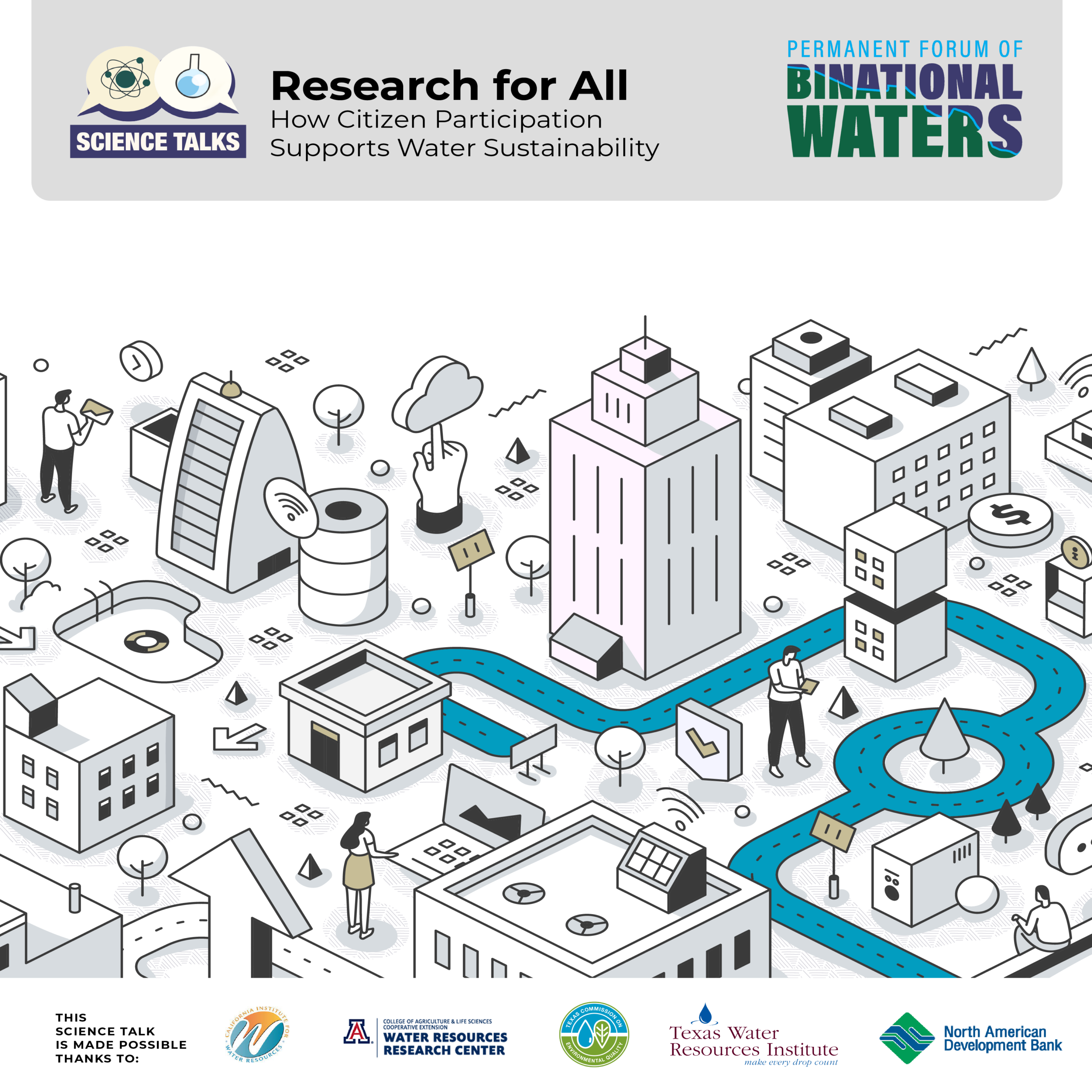Drought and climate change threaten the future of the border region. A new study analyzes the obstacles to binational groundwater management and proposes an agreement vital for the survival of border communities.
The sustained drought throughout the Mexico-US border region since 2000 has put water security at the center of bilateral political concerns for both countries, according to a publication led by Stepen Mumme, Sharon B. Megdal, Rosario Sánchez, and other groundwater specialists in the border region.
According to the Policy Nook published in January 2024, shortage declarations are now reducing surface water supplies to stakeholders in the Colorado River Basin in both countries.
Aggravated by a changing climate, the drought is highlighting the important role of transboundary groundwater as the only source in sustaining diverse border communities.
The Mexico-US border region is one of the most aquifer-dependent regions in North America. The dependence on groundwater is more pronounced along the 700 kilometers of land border.
Cities like Ciudad Juárez and El Paso rely heavily on groundwater, while others, like the adjacent cities of Nogales, Sonora, and Nogales, Arizona (Ambos Nogales) and San Luis Río Colorado, Sonora, depend entirely on the resource.
Further west, large cities like Mexicali and Tijuana each depend on water from transboundary aquifers to supplement surface water supplies.
However, bilateral management of shared groundwater has been stagnant for over 50 years, except for some focused studies of discrete aquifers.
Currently, a group of specialists is reviewing the factors that hinder bilateral diplomatic progress on the exchange of transboundary aquifers and the advances at the bilateral and multilateral levels that can promote the binational management of shared aquifers.
They propose the need for an agreement that gives both countries room to work, which is achievable and essential to meet the region’s water security needs in the foreseeable future.







Responses